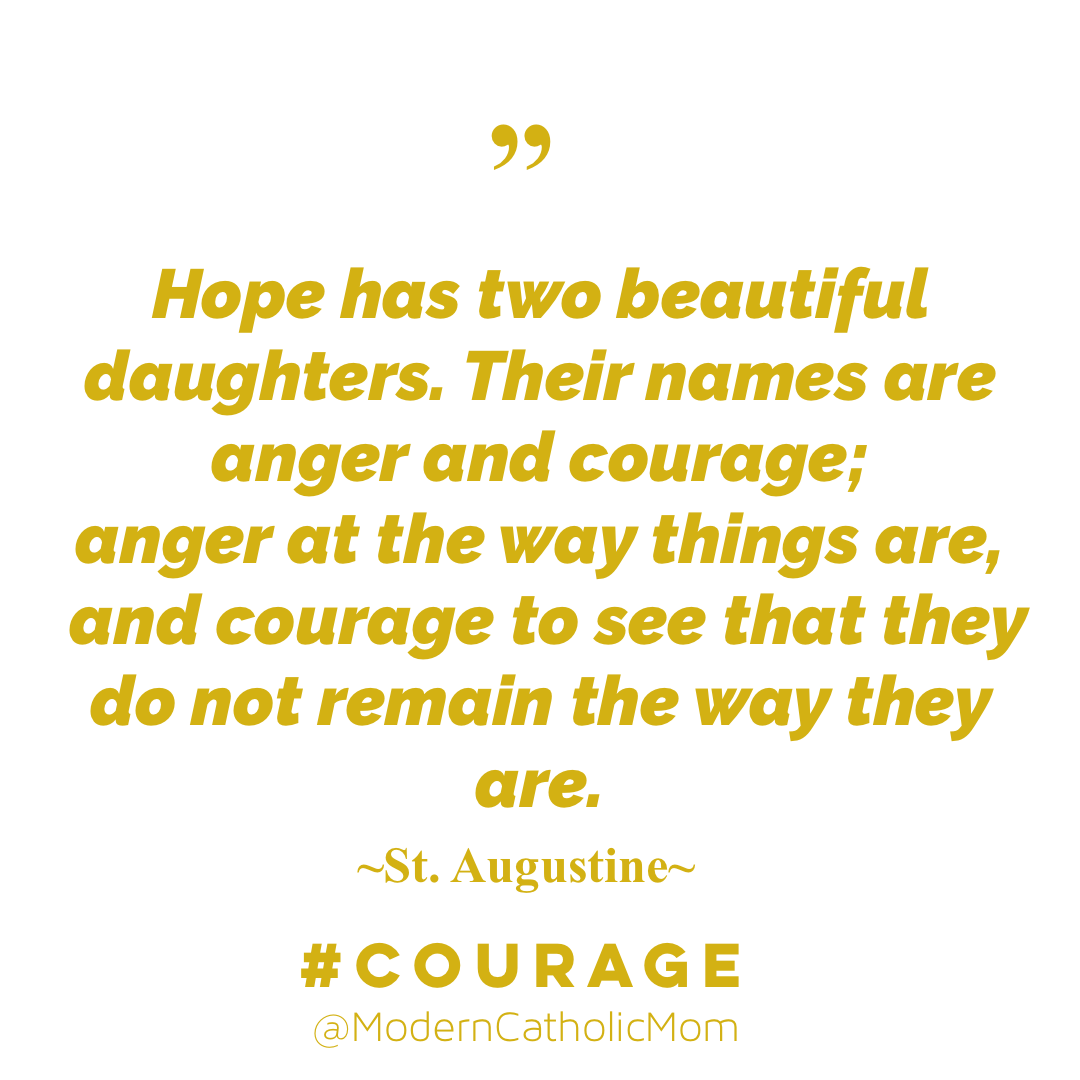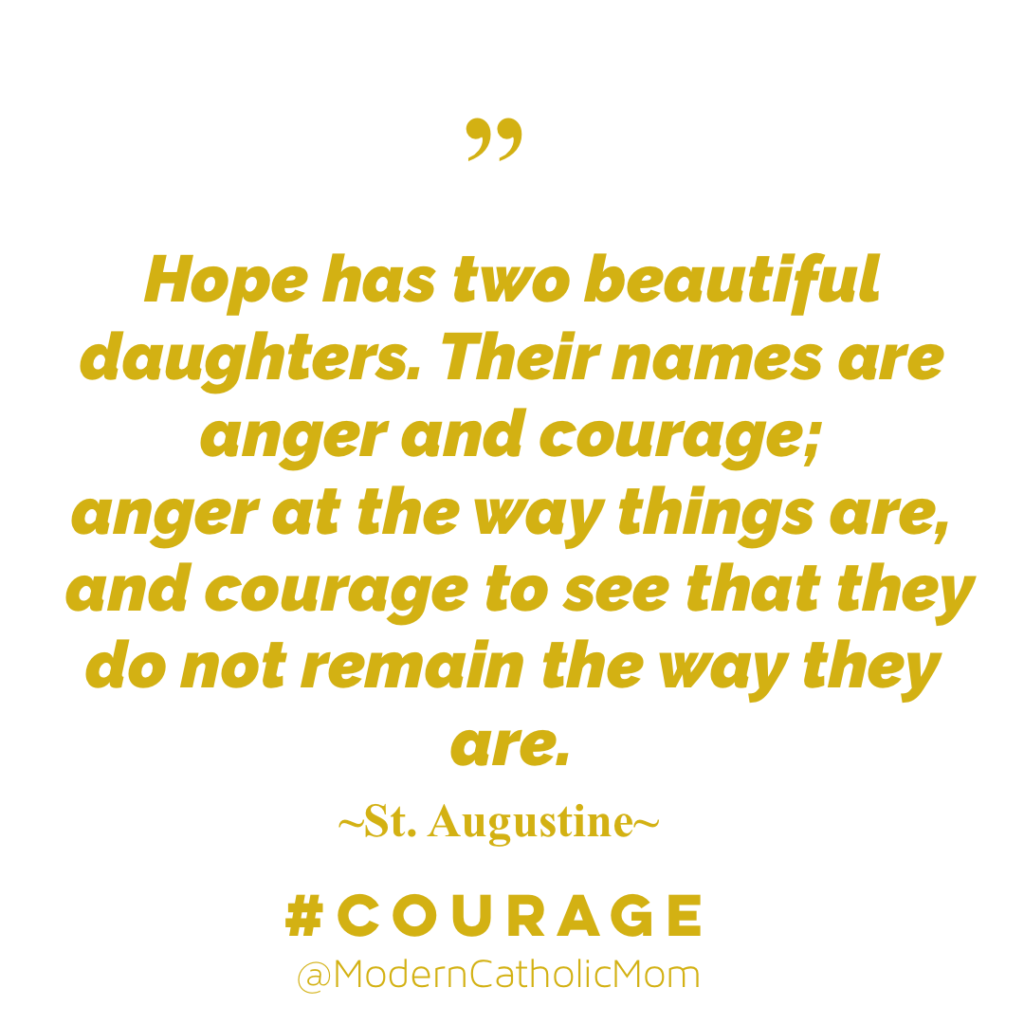
The Purpose of Anger
Let’s just be honest, there are many reasons for all of us to be angry right now.
So much injustice going on in the world, so many innocent people suffering at the hands of others, violence in the streets and homes and places of work.
Not to mention the policies of corrupt (or at the very least completely inept!) politicians that have led to the death of innocent men, women and children around the world.
It can be absolutely heartbreaking! Correction: it should be absolutely heartbreaking.
We should be angry in the face of oppression and discrimination and injustice — and if we don’t find ourselves angry at these things, then we need to spend some time asking ourselves why we aren’t angry at them?
Anger is an important emotion to experience from time to time, because there are many thing in this world that are not as they should be — and if we don’t find ourselves angry at those things that are not as they should be, I wonder if we’re really human at all.

To feel anger is not a sin. No more so than it is a sin to feel fear or love or excitement. It is a valid emotion that is meant to serve a purpose.
With so many tragically unjust things going on the world, we should feel angry about them — but as a priest friend recently told me, “Anger is just an emotion. What you do with that emotion is the real question”.
It is not a sin to feel anger — the sin comes in when we don’t respond to that emotion as we ought to respond.
In the Catholic Church we recognize sins of omission and commission. When it comes to anger, an examination of both these aspects of sin is essential.
Sins of commission are actual acts of sin…when we do something that is wrong. Easy enough.
Sins of omission are those in which we fail to respond when we ought to have responded. This type of sin can be even more insidious and harder to recognize — because from the outside it can have the appearance of being a good.
What is the difference between the coward and the prudent man? Sometimes it can be very hard to tell the difference — not because to be prudent is to be a coward –but because their actions may appear to be very similar to each other from the outside.
The prudent man or woman may choose to remain silent, when they sense their audience is not open to the message. In this particular instance, the prudent decision may be to fast and pray for that person(s), until their hearts are ready to hear the truth.
So they remain silent and wait for the right time to speak up.
On the other hand, sometimes to not speak up is due to our own desire to look good to others, or because we are afraid, or sadly, because we really could care less about the injustice before us.
The coward refuses to act or to speak because they have concluded it’s too inconvenient, requires too much sacrifice or too much pain, and so they remain silent.
In this case, to not speak up is not virtuous at all. It is wrong and should be repented of.
To be a coward is far more common than we might imagine.
It is a vice that we need to examine in our own lives and repent of, because we have all grown far too comfortable with being comfortable and the lack of action among the “faithful” seems to be at an all-time high.

Now more than ever, we need to beg God for courage and for the ability to respond with generosity to what He is asking of us in these difficult times.
But this begs the question, how do we respond properly to the things that make us angry in our lives?
First of all, it is important to recognize that anger is an emotion that is meant to lead us to action. It is meant to propel us to do the good, even when it’s inconvenient or will involve our own suffering.
We also must recognize that not all of our emotions of anger are justified. Sometimes we feel anger because our pride has been hurt — and that type of anger is not justified.
That type of anger should lead to an examination of our conscience and a real desire to change and grow in the virtue of humility. That type of anger is a symptom of a heart that needs God to pour His grace upon it and heal it.
But what about those circumstances in which we have experienced a just anger at things that are validly wrong? What then?
This is where prayer comes in. If you aren’t praying every single day, then I don’t honestly know how you are going to get this right.
In my own life, rarely has my initial response been the right one. Maybe it’s my Irish roots, but my initial response is almost always “Vengeance is mine!” (I’m working on it!)
I know myself well enough to admit that my initial response is almost always wrong and when I have obeyed it, it has led me down many a wrong path.
As an aside, I have also learned that anger should not lead to bitterness or venom in my own heart — even if the anger is justified.
If I experience bitterness, it is because I haven’t taken my anger to prayer and asked God how I should respond — and I need to begin again with prayer.
In fact, in my own life bitterness is often a symptom of a lack a lack of the proper response to the cause of my anger. Pay attention to bitterness; it’s telling you that you haven’t addressed the anger in your heart.
Prayer is meant to clarify the right action God is asking of us in response to our anger. Without prayer, we get it wrong 99.9% of the time. With prayer, beautiful things begin to happen.
I’m willing to admit there are some people who have so trained themselves towards the good, the true and the beautiful, that their very lives having become a continual prayer to God — hence the .01% whose first response is the right one. We call them Saints.
For the rest of us, when we feel anger well up within us, we need to pause, pray and then act.
But if we take this response to anger seriously, we will also need the virtue of courage, because Lord knows, it is not always going to be easy to respond to what God is asking of us without the gift of courage!

So pray for God to lead you — and then beg him to give you the courage and the fortitude to carry through with your resolutions.
One more word of advice is to begin the weekly practice of fasting. For me, it is the fastest way to remove the bitterness in my heart and to respond in the way God is really asking me to respond.
Fasting purifies our intentions, opens our ears to the voice of God, and helps our actions to bear more fruit.
You might even be surprised to discover that the very action God is asking of you is to pray and fast for the victims and the perpetrators of injustice. It is far more powerful than most of us will ever comprehend.
So much more I could say, but I think I’ll end with this simple prayer:
“May God grant us the courage to change the things that we can change, to right the wrongs that we can right and to love the people that we can love.”
Amen!





4 Comments
Father (name removed for privacy)
Anger is necessary for us to begin the fight against evil. If those of us who love never got angry, then there would be no confrontation of evil, and then there would be widespread corruption. Thank you for writing about this topic and for the explanation. I love St. Augustine’s quotes.
Some of my best actions that helped the most people have been done “with anger” but also “with love.” Both anger and love (charity) is positive when it moves us to productive action. Jesus turned over the tables of the money changers in the Temple because the Temple was meant for giving back to God rather than for making money. Jesus was angry when he took action against the corruption of the Temple and his love for The Father’s House made the confrontation necessary. Anger is a necessary component of love.
Too many bishops of the “Church of Nice” neither love the Father nor their neighbor, because they never get angry enough to excommunicate the (Catholic) pro abortion politicians (names removed) or put the abusers like McCarrick through civil trials to face justice. But instead, these people stay inside the Church and get away with their crimes against helpless unborn children or young adolescents. These bishops of the Church of Nice do, however, love taking up collections and making appeals for their necessary fundraisers. The Church of Nice is easy going and never gets angry – lots of collections and diocesan appeals to keep them busy.
I hope that I just made someone angry. LOL
Moira
Hello Padre,
Bringing some fire with your comments. Sadly, also bringing some truth — Lord have mercy on our Church! Thank you for your thoughtful words here!
God bless you!
Dad
Would not have said it as well myself. Keep on keeping on.
Moira
Thanks Dad! 🙂